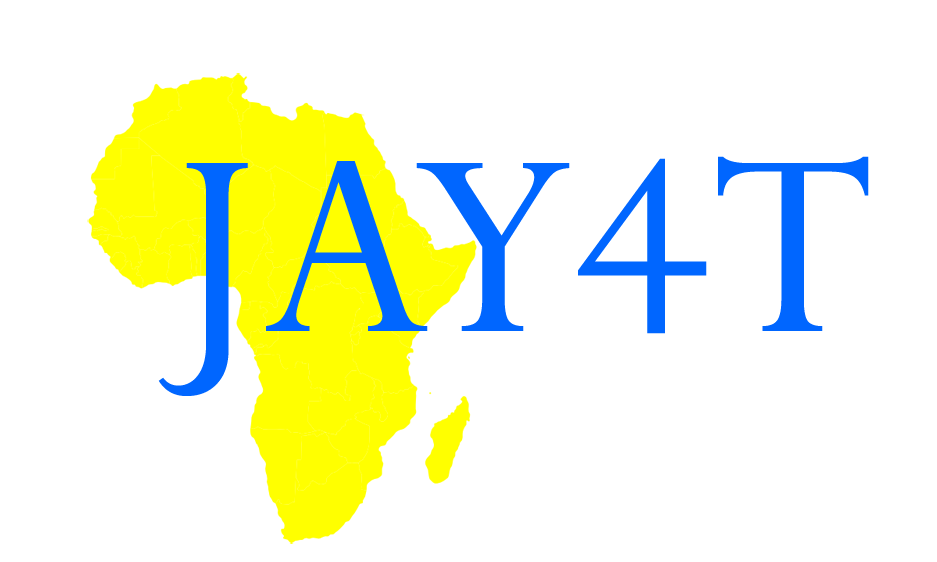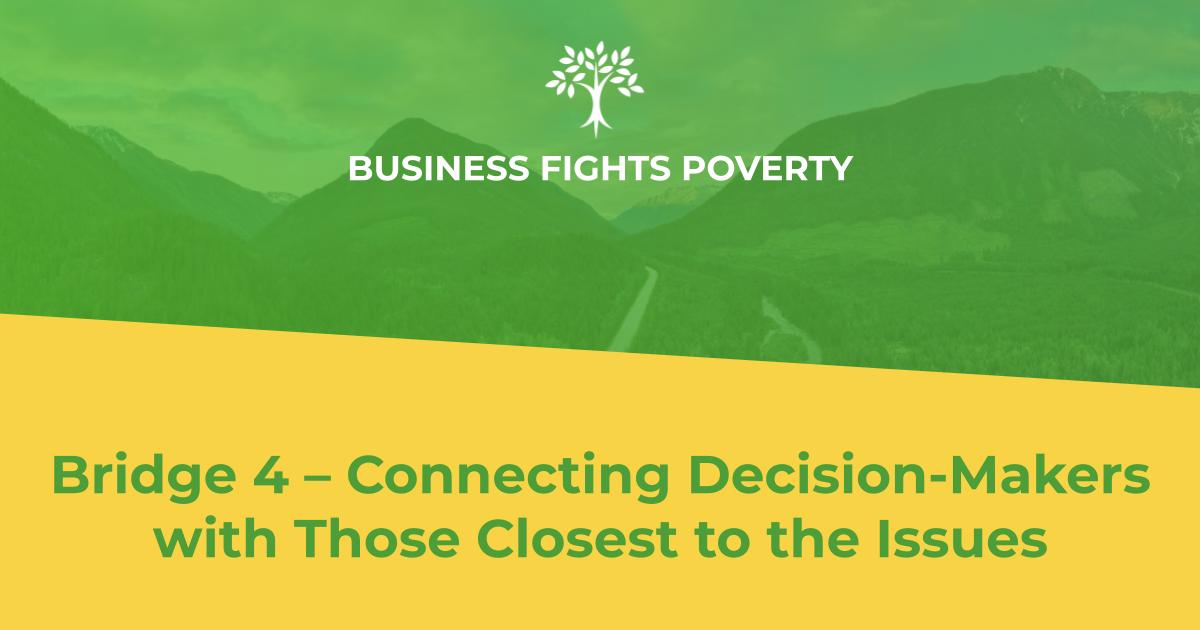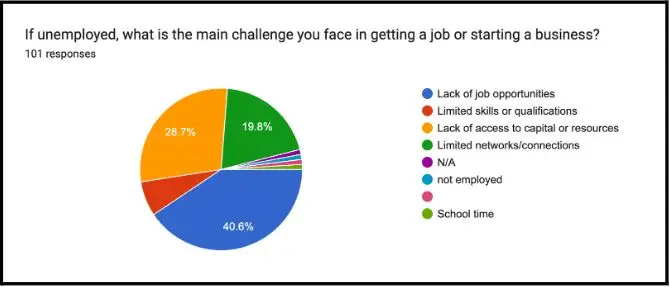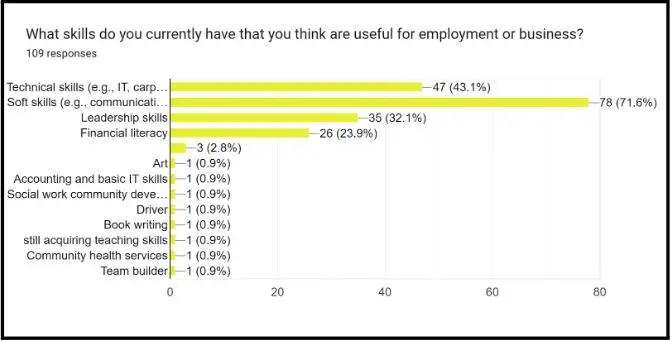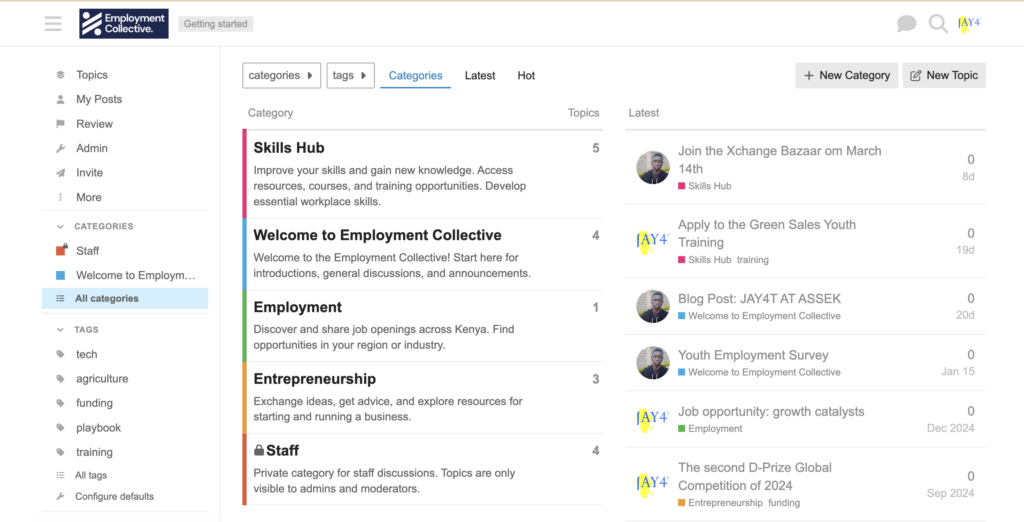Shaping employment futures with young people, not for them
At JAY4T, we’re not waiting for change, we’re building it. And we believe that young people don’t need saving; they need space, trust, and a chance to lead. That’s why we put youth at the center of everything we do, especially when it comes to co-creating sustainable employment solutions.
Recently, we shared some of our experiences in the Business Fights Poverty forum, exploring how to better connect decision-makers with those closest to the issues. As always, our perspective was grounded in action, ownership, and accountability.
Young People as Co-Owners of Change
At JAY4T, young people are not just participants—they’re co-owners of interventions designed to create real and lasting economic opportunities. This means they’re involved in shaping programs, setting priorities, and defining success on their own terms.
We also challenge traditional power dynamics by positioning decision-makers, development partners, and support organizations as equal partners, not top-down authorities. This shift allows for more authentic collaboration and better results.
Listening, Acting, and Closing the Loop
Accountability starts with listening—but it doesn’t end there.
We create spaces for focused and deliberate conversations, like workshops, where young people can openly share their insights, concerns, and visions. These inputs shape our work in real time.
We also make sure to close the feedback loop: when young people give feedback, we communicate what actions we’ve taken as a result. That way, listening becomes more than a box to tick, it becomes a habit of trust-building and shared responsibility.
What We Learned at the First Xchange Bazaar
This week, we hosted the first-ever in-person Xchange Bazaar, our youth-led space for learning, connecting, and unlocking employment opportunities together. One powerful moment came from a participant named Yahal, who spoke to the heart of our mission:
“Young people need to stop waiting. We have to move differently, not waiting for development partners to act, but coming together, pooling what we have, and supporting one another. We’ve got assets – skills, networks, physical spaces, capabilities. If we can do this sustainably, we’ll redefine what support from development partners even means.”
This is exactly the shift we’re working toward: an asset-based approach where youth recognize and mobilize what they already have, then use it to lift one another. Development partners can still play a role, but as allies in a movement led by youth, not saviors to be waited on.
Doing Employment Development Differently
The conversation on Business Fights Poverty reminded us that we’re not alone in this. Around the world, others are also reimagining how decisions are made, who gets to lead, and what real partnership looks like.
At JAY4T, we’re clear on our part in that movement: build with young people, not for them. Focus on assets, not just needs. And co-create employment solutions that are rooted in trust, shared power, and long-term sustainability.
If you’re working toward the same goals, let’s connect. We believe in growing the table, so there’s room for every youth voice and every idea.
